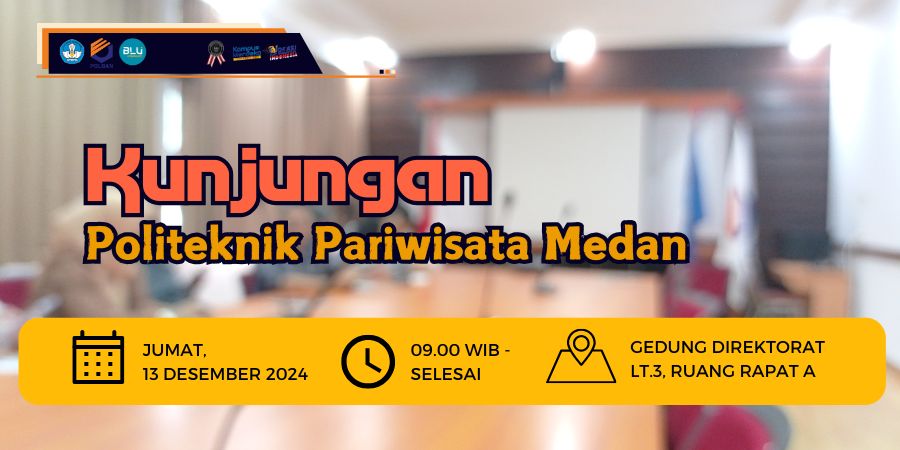- Vision & Mision
- Graduates Profile
- Learning Outcome
- Users
- Glosarium
- Profile Pdf Version
Vision
Become a vocational education provider in the telecommunications study with innovative and adaptive graduates who are able to compete globally in implementing the Tridharma of Higher Education based on applied science and technology in a cultured and insightful manner of environment
Mission
- Organizing vocational education in the telecommunication study Infrastructure according to the current and future industrial needs.
- Organizing research and community service in the telecommunication study according to the needs of the community so that it is beneficial for the development of applied science and t
- Developing an academic atmosphere that is conducive to increase intellectuality,higher productivity and work quality.
- Graduation Profile:
-
- Radio Frequency Main Engineer (RF Engineer): Associate degree who is capable in managing and operating Radio Frequency devices
- Main Network Technician (Network Engineer): Associate degree who is capable in managing and operating telecommunication network devices
-
-
- Learning outcome:
- Attitudes:
- fear of God Almighty and be able to show religious attitude;
- respecting human values in performing the duty, based on religion, morals, and ethics;
- internalizing the values, norms, and academic ethics
- having a role as citizens who take pride and patriotism, nationalism and have responsibility to the state and nation;
- respecting cultural diversity, views, religion, and beliefs, as well as the original opinions or discoveries of others;
- contributing to improving the quality of socialized life, nation, state, and the progress of civilization based on Pancasila;
- cooperating and having social sensitivity and respecting for people and the environment;
- obeying the law and discipline in the social and state life;
- internalizing the spirit of independence, persistence and entrepreneurship;
- demonstrating a responsible attitude towards the work in the field of expertise independently.
- Attitudes:
-
- Mastery of Knowledge
- Mastering the theoretical concepts of mathematical calculus, trigonometry and principles anddesign in Frequency Radio and Telecommunication Network study needed for analysis anddesign of sub-systems, processes, products orcomponents based on the standards applied (TIA, IETF, ITU-T, ITU-R, ISO, and IEEE)
- Mastering the theoretical concepts for testing in Radio Frequencyand Telecommunication Networks study based on the standards applied (TIA, IETF, ITU-T, ITU-R, ISO, and IEEE)
- Mastering theoretical concepts about methods of solving problems in the fieldFrequency Radio and Telecommunication Network based on the standards applied (TIA, IETF, ITU-T, ITU-R,ISO and IEEE)
- Mastering knowledge about codes practice and standards (TIA, IETF, ITU-T, ITU-R,ISO, and IEEE) that apply to solve problems in RadioFrequency and Telecommunication Network study
- Mastering the latest principles and issues for the implementation of Radio Frequency andTelecommunication Network study which dealwith economic, social and ecological issues
- Mastering knowledge about techniques of communicating verbally and written informal and informal arrangements in general or through use technology information
- Mastering knowledge about the latest and most up-to-date technology information developmentsin Radio Frequency and Telecommunication Networks study
- Mastering the principles and procedures for workshops / studios and laboratory activities, as wellasimplementation of occupational safety and health (K3) in Radio Frequency andTelecommunications network study
- Mastery of Knowledge
-
- General Skills
- Able to apply logical, critical, innovative, quality, and measurable ideas of specific work on propagation technology, optics, signal processing,antenna, transport network and access and based on the work competency standardsof Radio Frequency and Telecommunication Networks study;
- Able to show independent, quality and measurable performance;
- Able to study cases of application of science and technology concerning the applied value of humanities based on the RadioFrequency and Telecommunication Network study in order to produce prototypes,standard procedures, designs or technically specific works;
- Able to compile the results of studies specifically on propagation technology, optics, signalsprocessing, antenna, transport and access networks in the form of working papers anddesign specifications and upload them on the college website;
- Able to make informed decisions based on the standard procedures, specificationsdesign, safety and security requirements in supervising andspecific evaluation in Radio Frequency and Telecommunication Networks study;
- Able to maintain and develop a network of cooperation and the results of cooperation inRadio Frequency and Telecommunication Networks study both inside and outside based on the institute capacity;
- Able to be responsible for achieving the results of group work and doingsupervision and evaluation of work completion in the Radio Frequency fieldand the Telecommunication Network assigned to workers under the graduate’s responsibility;
- Able to carry out the process of self-evaluation of the work groups that are under the graduate’s responsibility, and able to manage to learnindependently;
- Able to document, store, secure, and rediscoverdata to guarantee validity and prevent plagiarism.
- Special Skills
- Able to apply applied mathematics (calculus and trigonometry), applied physicsand engineering principles in Radio Frequency and Telecommunication Networks study with clear and measurable work competency standards to completethe problems occurred based on the standards (TIA, IETF, ITU-T, ITU-R, ISO, and IEEE)applied
- Able to identify and resolve problems in RadioFrequency and Telecommunication Network study clearly, using data analysisrelevant through codes, databases and references, and choosing methods by paying attention to the economic, health, public safety and environmental factors
- Able to design and realize sub systems of Radio Frequency andTelecommunication Networks study based on the standards (TIA, IETF, ITU-T, ITU-R, ISO, and IEEE)applied by paying attention toand prioritizing security and health issueswork and environment
- Able to test and measure performance in Radio Frequency andTelecommunicationNetwork study based on procedures and standards (TIA, IETF, ITU-T, ITU-R,ISO, and IEEE), as well as analyzing, interpreting, and applyingspecifically according to the designation.
- Able to use modern deep technology (software and measuring instruments) in order to perform work of Radio Frequency and Telecommunication Network study especially
- General Skills
- Learning outcome:
Users
Graduates Excellence:





